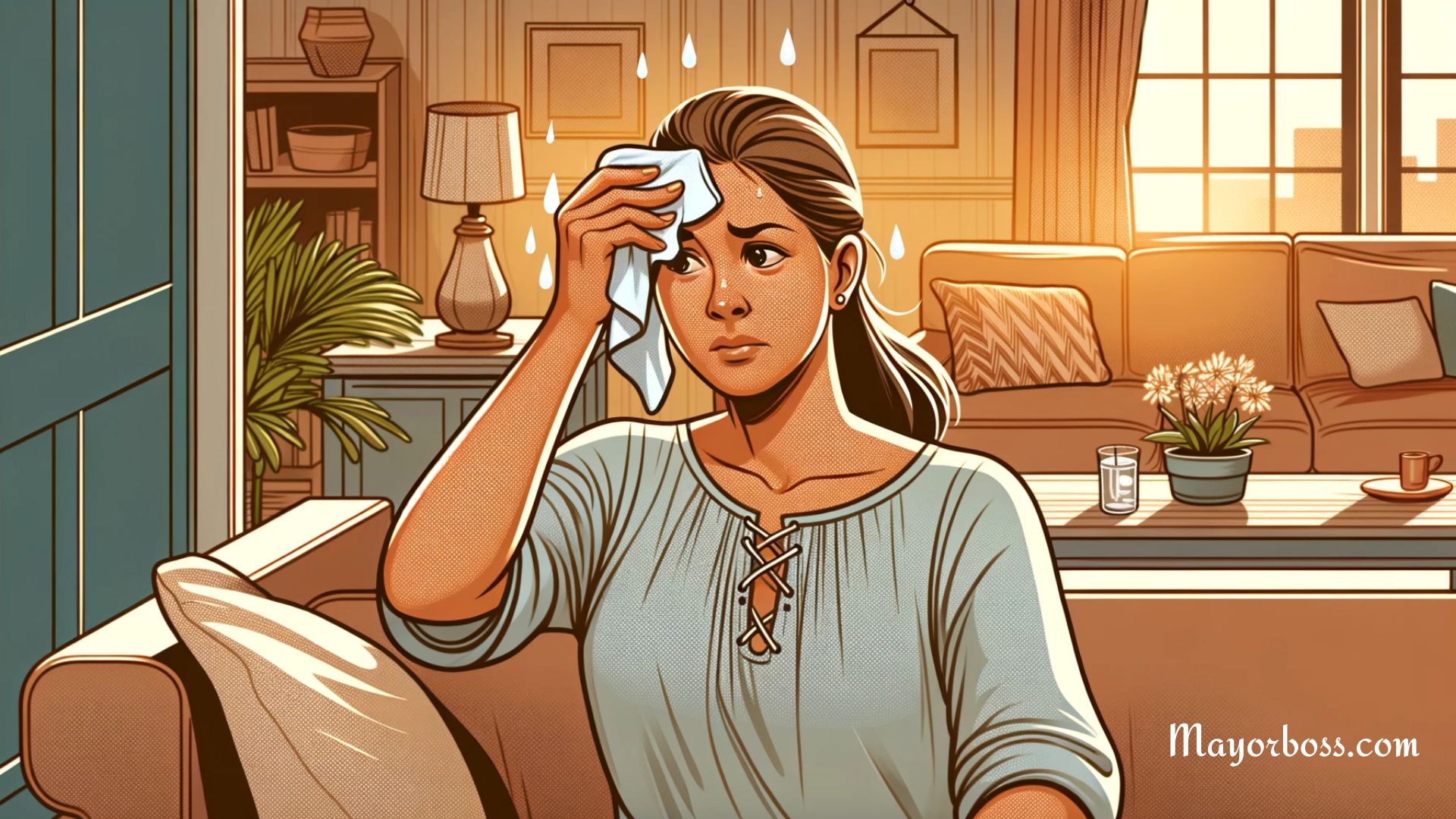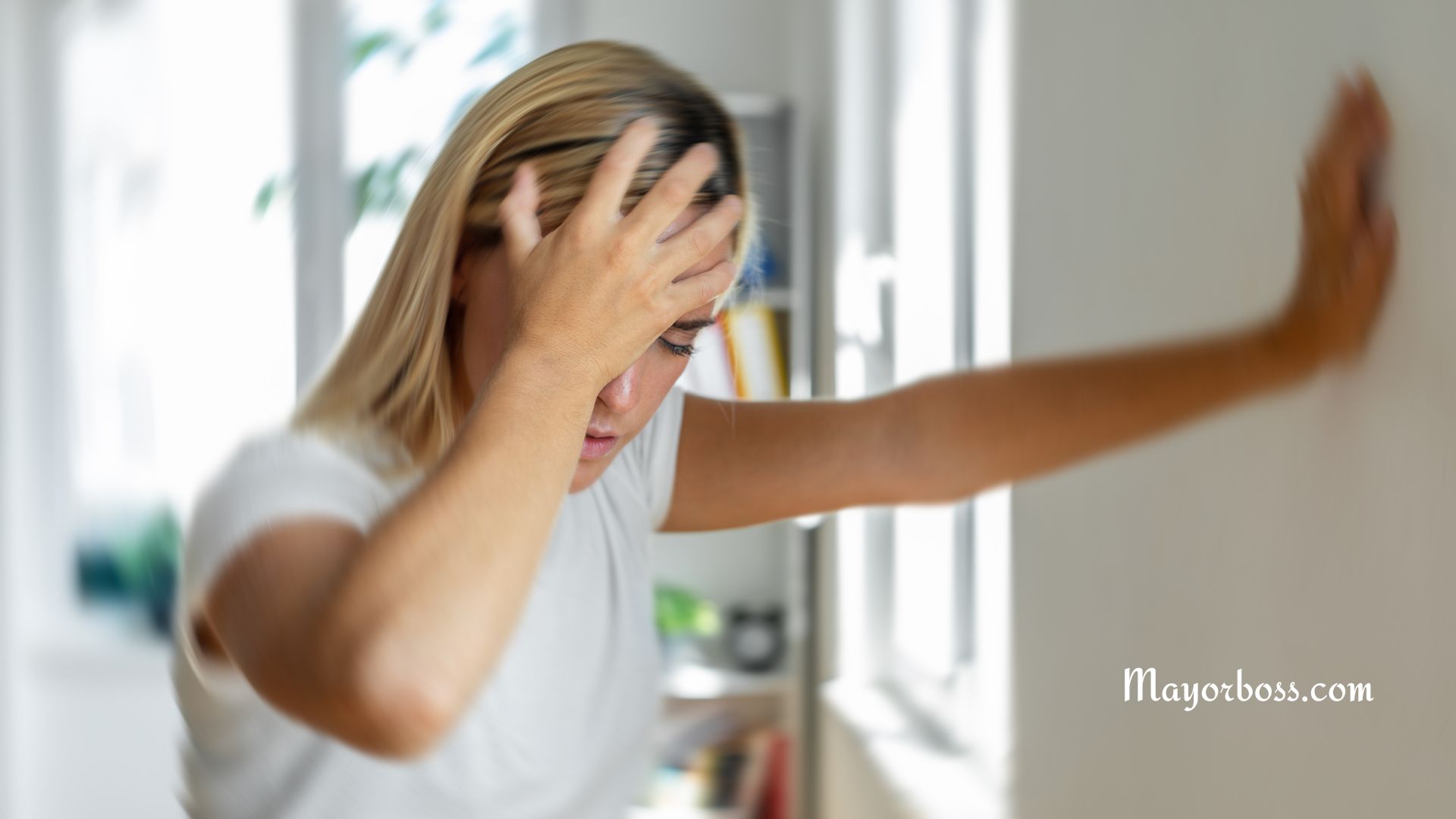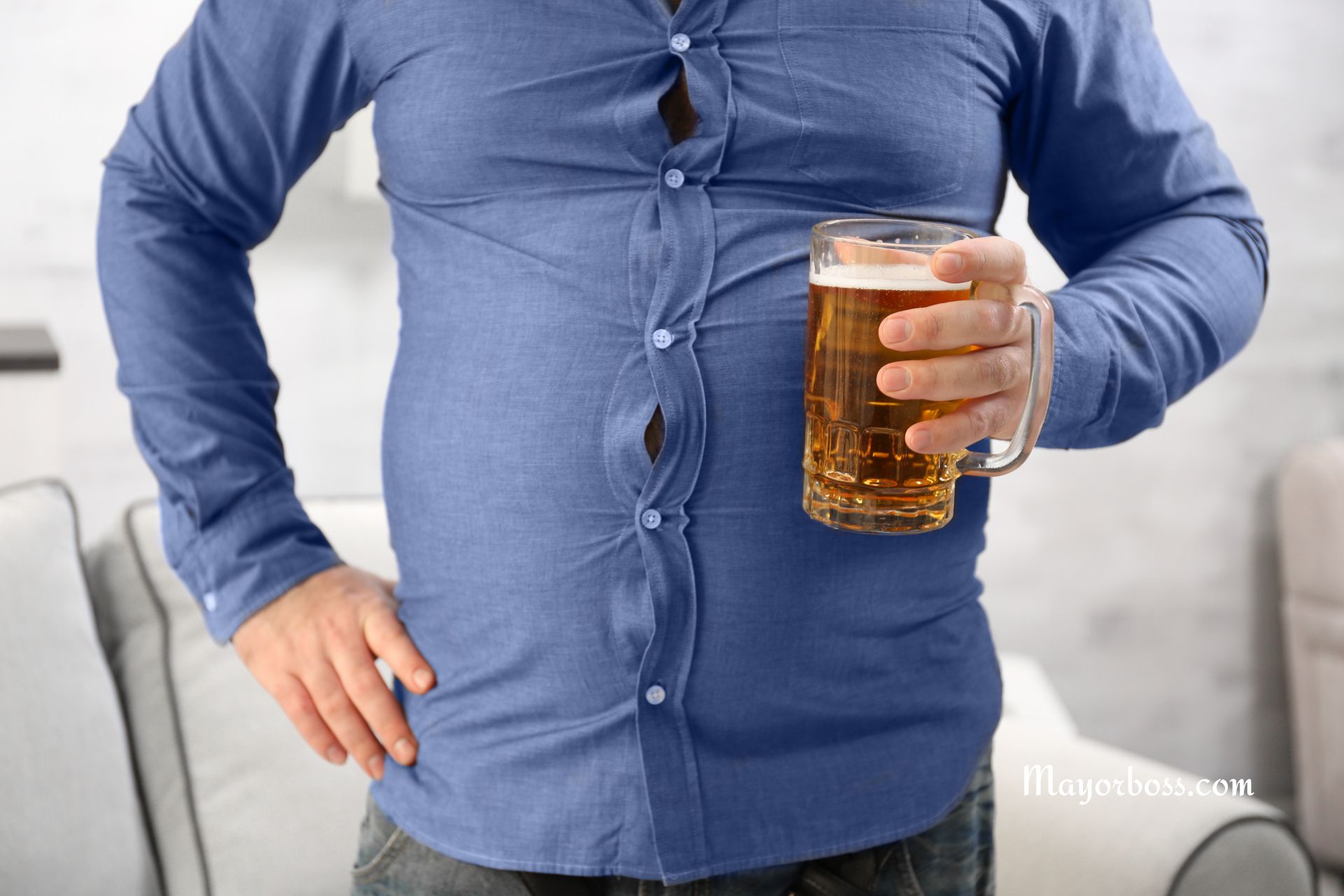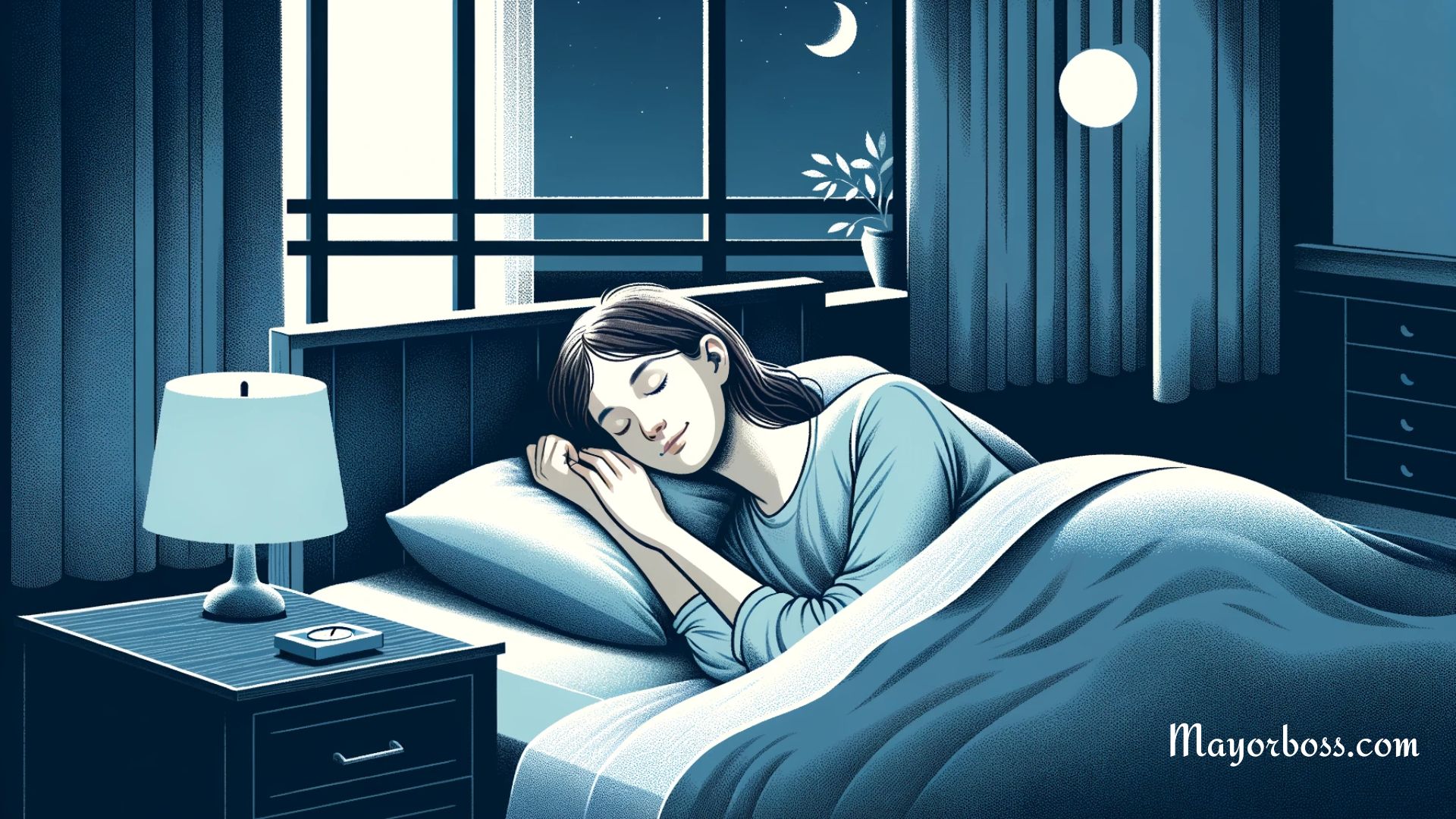What Happens to Your Body When You Are Constipated
When you’re constipated, it means your bowel movements are hard to pass or not happening often enough. Constipation happens when stool moves too slowly through your digestive tract, which makes it hard and dry. Dr. Iroko Anita, a certified medical doctor, explains, “When stool moves slowly through the colon, the colon absorbs too much water, making it hard and dry.” This makes it painful and difficult to pass.
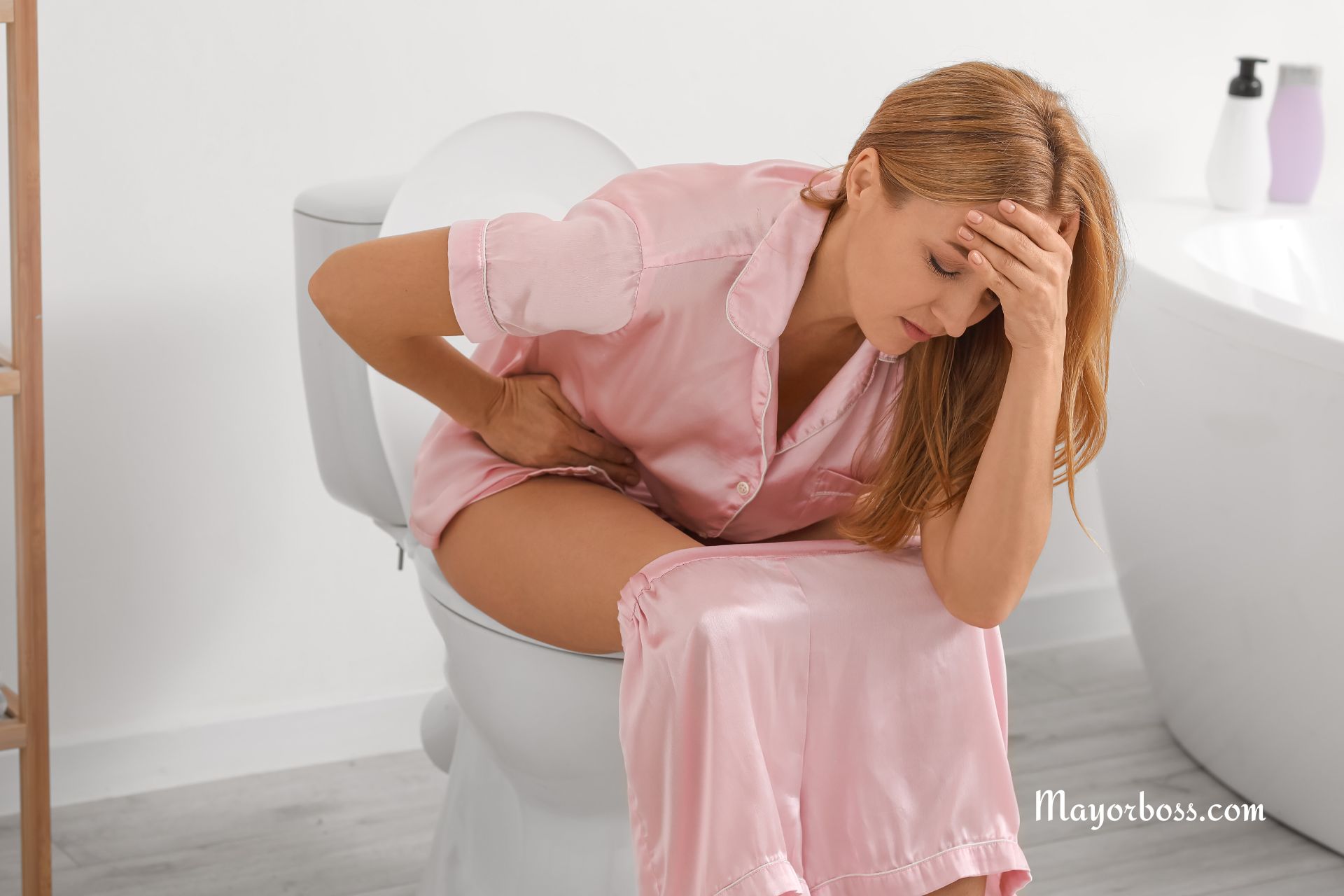
Your Digestive System Feels the Pressure
When stool builds up in your intestines, it puts pressure on your digestive system. Dr. Anita says, “This pressure can cause bloating, gas, and belly pain.” This buildup can also reduce your appetite because your body is trying to handle a traffic jam in your gut!
Constipation Can Make You Tired and Give You Headaches
Constipation can cause headaches and make you feel tired, and the stress of being constipated may also trigger a headache. Dr. Iroko Anita says, “When you’re constipated, toxins that should leave your body can get reabsorbed, which might cause headaches or fatigue.” This makes your body work harder, leaving you feeling worn out and sluggish. In addition, the stress of being constipated may trigger a headache.
Constipation Can Cause Back Pain
Sometimes, constipation can also cause lower back pain. Dr. Iroko Anita explains, “Constipation can lead to lower back pain because the buildup puts pressure on the lower back.” This can feel like a dull ache or even sharp pain.
Constipation Can Affect Your Mood
Your gut and brain are closely connected. Dr. Iroko Anita says, “When you’re constipated, you might feel irritable or anxious.” The gut helps produce serotonin, which helps regulate mood. When you’re constipated, this process can be disrupted, making you feel down or upset.
Straining Can Lead to Hemorrhoids and Tears
Straining during bowel movements can cause other problems. Dr. Iroko Anita explains, “Straining can lead to hemorrhoids or small tears called anal fissures.” Both of these can make going to the bathroom even more painful and lead to a cycle of discomfort.
Long-Term Effects of Constipation
Chronic constipation can cause serious problems. Dr. Iroko Anita warns, “Long-term constipation can lead to fecal impaction, where stool gets stuck, or conditions like diverticulosis.” Fecal impaction needs medical treatment, while diverticulosis can cause pain if the pouches in the colon become inflamed.
How to Prevent Constipation
Dr. Iroko Anita says, “To prevent constipation, eat enough fiber, drink water, and exercise regularly.” Fiber helps bulk up stool, making it easier to pass, while water keeps it soft. Exercise also helps your intestines move things along.
When to See a Doctor
Dr. Iroko Anita advises, “See a doctor if you have severe pain, blood in your stool, or if constipation lasts more than a few weeks.” Chronic constipation could be a sign of a bigger health problem that needs medical attention.
The Takeaway
Constipation can cause problems like headaches, back pain, and mood changes. To avoid these issues, stay hydrated, eat fiber, and stay active. Keeping your gut healthy is key to keeping your whole body healthy.


